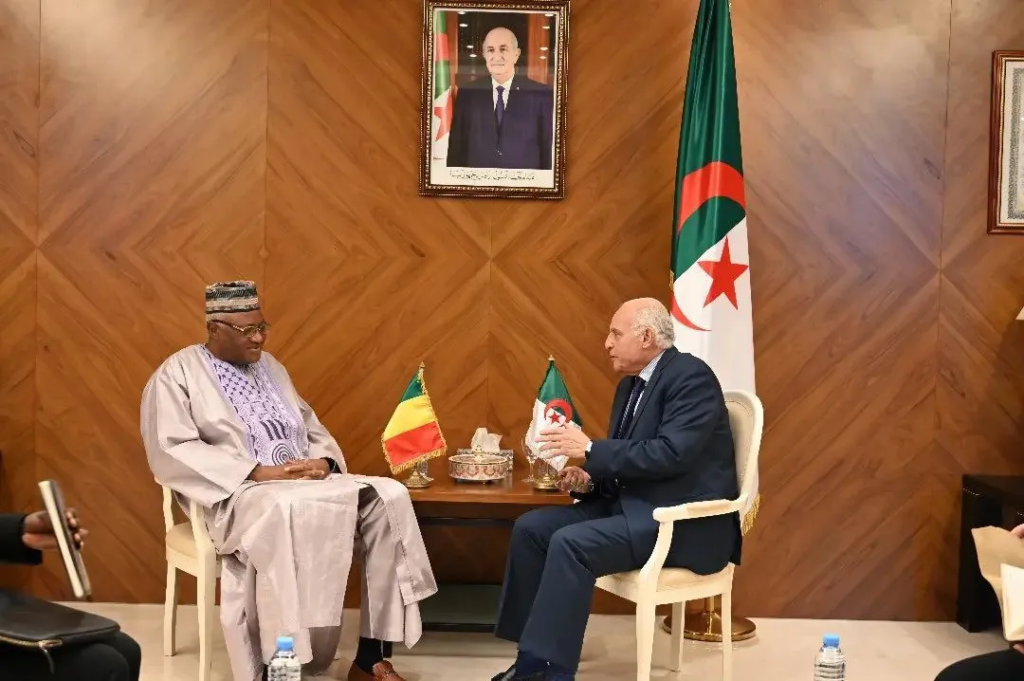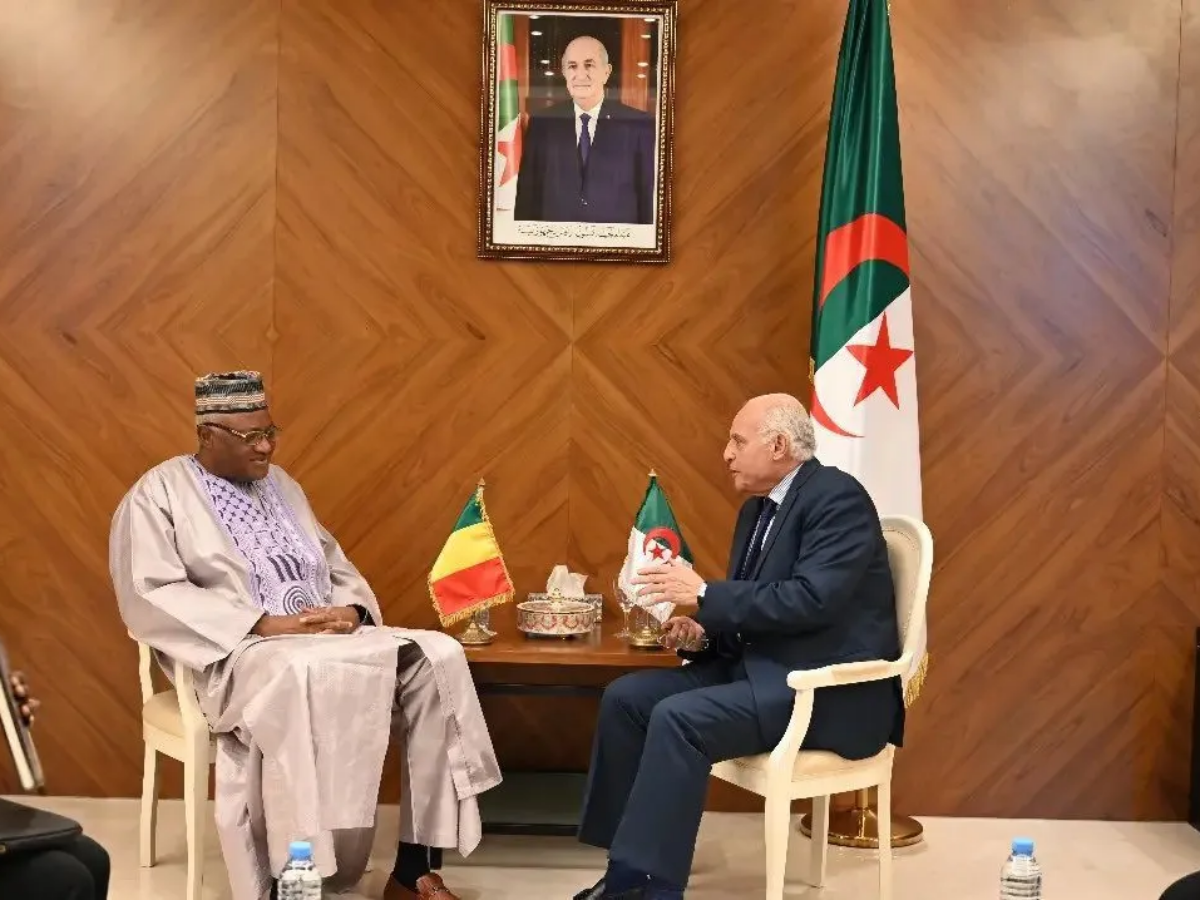
Diplomatic crisis between Algeria and Mali: growing tensions in the heart of Sahelian Africa – Fatshimetrie
By Stanley Kwabla Arku
The recent decision by Mali’s military rulers to cancel the 2015 Algiers Accord, a peace deal aimed at achieving reconciliation and stability in the country, has raised concerns about the future of peace and security in Mali and the wider region.
While Algeria, a key mediator in the peace process, expresses regret and deep concern over the cancellation, it is important to consider Mali’s perspective and the reasons behind this decision.
Mali’s military authorities have cited instances of hostility and interference in their internal affairs by Algeria as reasons for canceling the peace deal.
The dissatisfaction with the implementation of the accord and the perception of Algeria’s role in the process Mali claims has led it to seek a new path toward peace and stability.
Tensions between the central authorities and northern separatists have resurfaced since the military consolidated power in recent coups and made strategic alliances.
The presence of Russian military contractor Wagner Group and the expulsion of French forces and UN peacekeepers have further complicated the situation. Mali’s decision to cancel the peace deal can be seen as a reflection of its desire to assert its sovereignty and address the underlying grievances that have fueled conflicts in the country.
Mali’s history of violence and insurgency dates back to 2012 when Islamist militants hijacked an uprising by the Tuareg groups, who sought autonomy for the desert region of Azawad.
The peace accord signed in 2015 aimed to address the concerns of the Tuareg people and bring stability to the country.
However, the rise of militant groups linked to al Qaeda and Islamic State has led to ongoing insurgencies and the spread of violence to neighboring countries.
It is crucial to address the root causes of conflict, such as government neglect, marginalization, and the grievances of various groups.
For many observers, it is important to emphasize the need for economic development and social cohesion to address the underlying issues that have fueled conflicts in Mali. A focus on poverty alleviation, education, and healthcare can help create a more equitable society and reduce the appeal of extremist ideologies.
Algeria’s reaction to the cancelation of the peace deal has been calm and reconciliatory and affirmed the need to avoid prolonged “tragedy and misfortunes for Mali and the brotherly Malian people.”
In a press release dated January 26th, 2024, the Algerian Ministry of Foreign Affairs expressed “great regret and deep concern of the denunciation by the Milian authorities, of the Agreement for Peace and Reconciliation in Mali.”
It said, “The Malian people know that Algeria has never failed to work toward the implementation of the Agreement for peace and Reconciliation in Mali, as a result of the Algiers process with sincerity, good faith, and unwavering solidarity with the brother Mali.”
The Agreement for Peace and Reconciliation took a year to conclude and ensured eight years of stability in Mali.
Observers believe that the absence of an alternative to the 2015 Algiers peace agreement could have real negative consequences for the national and regional balance necessary for peace and development.


